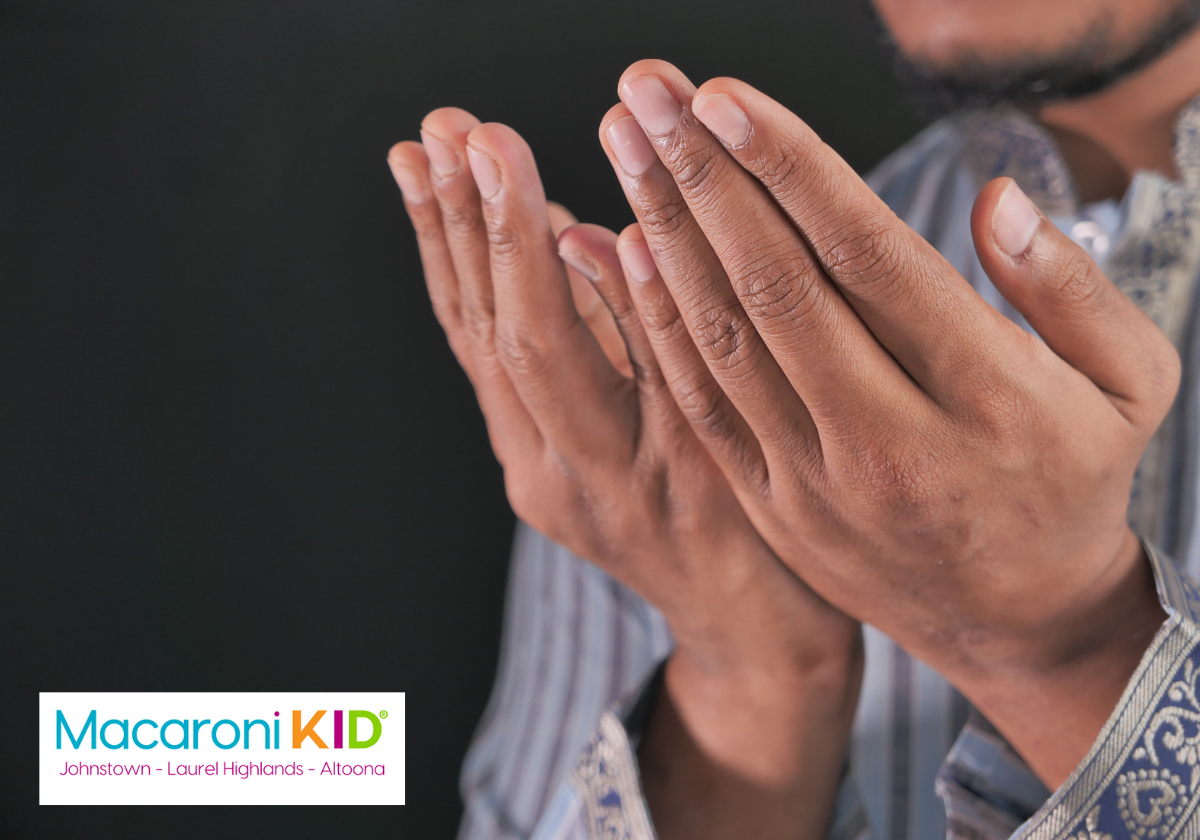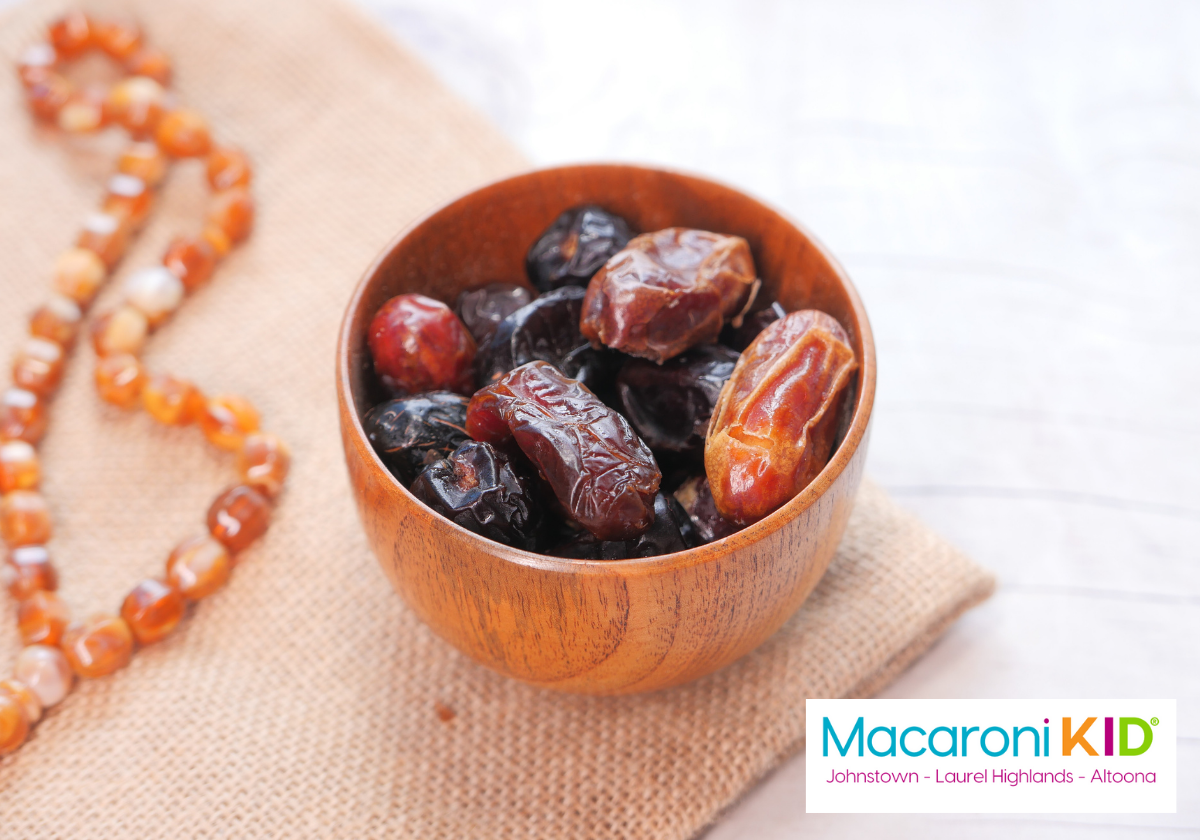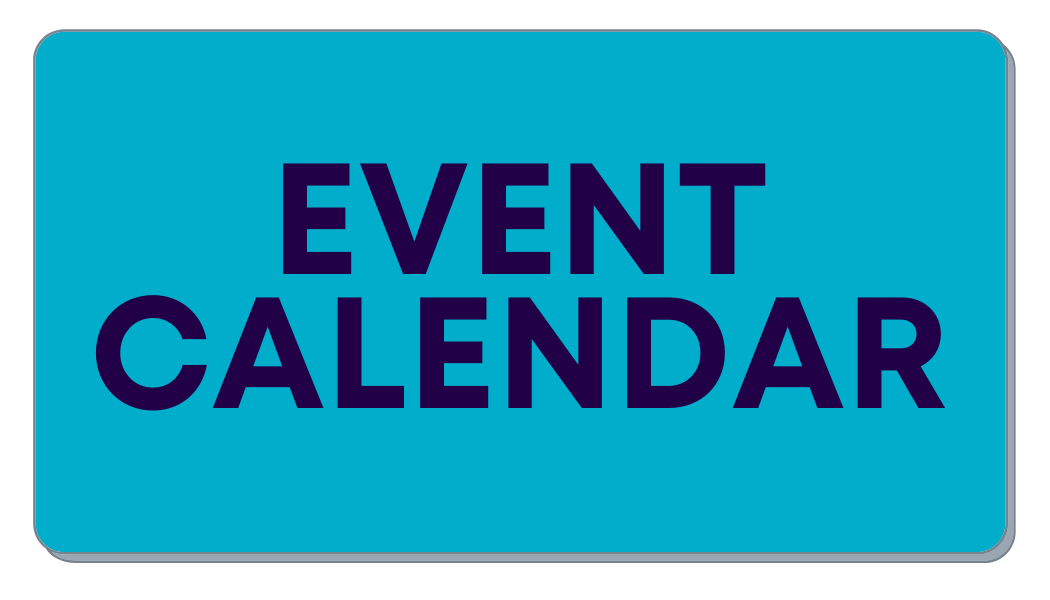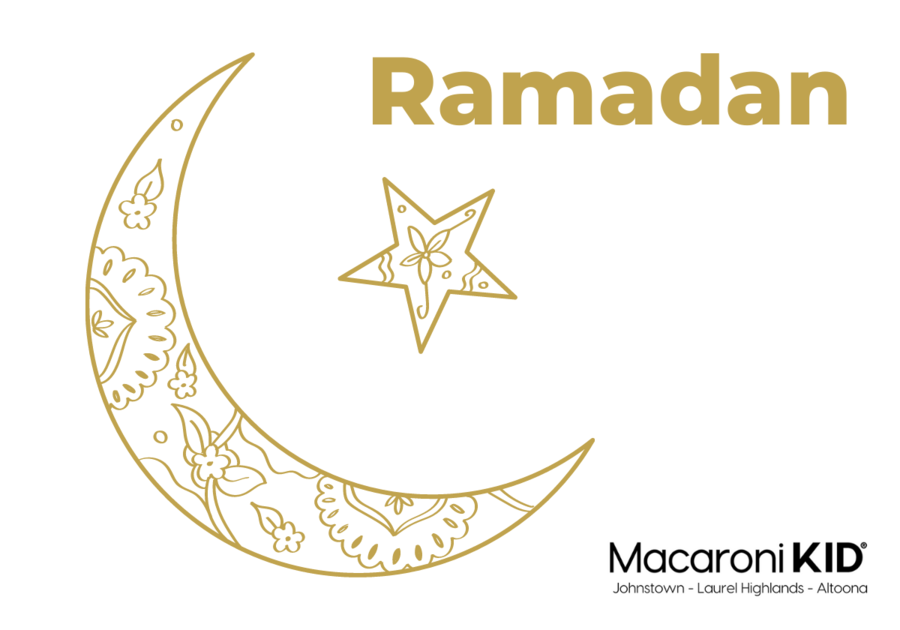Have you heard of Ramadan?
Ramadan is the ninth month of the Muslim calendar and also the time when Muslims fast, participate in communal prayers and focus on self-reflections and self-restraint from all things that make the mind body and spirit impure, such as foods, drink, smoking, sexual activity and thoughts. It is also believed that the gates of heaven are opened during Ramadan, that the reward for doing good is multiplied and the mercy of Allah is given. Beginning with the appearance of the crescent moon, Ramadan lasts until the next crescent moon and is observed earlier each year due to the differences between the Gregorian and Muslim calendars. Observances can also vary due to the differences in when the crescent is visible in different parts of the world. This year, Ramadan started on April 2 and will continue until May 2.
From the time Muslims reach puberty they are required to fast, so long as they are in good health. Those that are sick, elderly, traveling or pregnant are not required to fast, but make up for their inability to fast by helping those in need or fasting later in the year when able, depending on their circumstances.
The first ten days of Ramadan are known as the Days of Mercy, with the following ten known as the Days of Forgiveness and the third as the Days of Protection from the Hellfire. During Ramadan, the Qurʾān only permits meals during the night, when the “white thread of light becomes distinguishable from the dark thread of night at dawn.” The last meal of the day, sahur, eaten just before dawn, is often signaled by drums or bells at the predawn hours to remind those observing Ramadan that it is time for their predawn meal, their last until nightfall.
After the Sunset prayer has been said, Muslims gather together in homes and mosques to break their fast with their first meal of the night called ifṭār. Muhammad, who God revealed the Qurʾān to, customarily broke his feast with dates. Breaking the fast with dates is still observed today, often with apricots and water or sweetened milk as well.
Additional prayers are said, the Qurʾān is recited and time is spent with family. Many Muslim-majority countries adjust ore even reduce the work day to allow the religious to participate in their worship in the evening. Throughout the month, Muslims participate in volunteer activities such as feeding the poor and other righteous acts, using their fasting to remind themselves of those in the world that have little to nothing to eat.
Ramadan’s end is signaled by a celebration known as Eid al-Fitr, or the “Feast of Fast Breaking,” one of the two major holidays in the Muslim calendar. Many Eid al-Fitr is a huge celebration with special clothes, pastries, gifts and visits to the graves of relatives. The other major religious holiday is Eid al-Adha, which is the end of the pilgrimage to Mecca, which all Muslims are required to participate in at least once in their lifetime, if their health and finances permit.
 |  |
How can you support those fasting?
Simply showing a willingness to learn and assist with any accommodations that may be needed is huge for those celebrating Ramadan. Due to the limited time that eating is permitted, which is when most people are asleep, the decrease in calories can make many tired and not up to overly physical tasks. Supporting the need for time for prayer is also very important, as Ramadan is a religious time. The Eid prayers at the close of Ramadan are as important to Muslims as Christmas is to Christians, or Yom Kippur is to Jews. If you love to cook or bake, you could gift a treat for the Eid ul-Fitr celebrations. If you work in healthcare, be aware that shots and oral medications could be seen as breaking a fast, therefor giving patients an opportunity to decide if they should receive them is vital.
What you should know about Islam, Muslims and the Qurʾān:
- The Qurʾān is the holy book of Islam and is seen as “guidance for the people.”
- During Ramadan, on the “Night of Power,” God revealed the first part of the Qurʾān to Mohammad.
- It is obligatory for Muslims to give Zakat al-Fitr, a form of charity, to be given to the poor before the Eid prayer to allow all of the community to share the blessings of the day and is to be paid by everyone, including children.
- Women are to have a purification bath after their monthly menses and are not required to fast during their menses; however they are to make up for these as soon as possible.
- Only about 30% of the 1.2 billion Muslims live in India.
- Muslim women cover their hair as they are required to dress modestly and to discourage any sexual or provocative thoughts of their bodies.
- Muslim women pray behind the men when praying in Mosques, which is why many photos depict only men praying, as the women are at the back of the room. In some mosques, men and women are separated by a curtain or wall and in these circumstances only a female photographer would be permitted on the women's side, if a photographer was permitted in the mosque at all.
I hope that this extremely brief overview of Ramadan has been beneficial.
If you are a Muslim and have found any errors in my writing or would like to write an article for our subscribers, please contact me at MacKidJohnstownPA@macaronikid.com so that we can talk. Any errors are strictly mine and not that of Macaroni KID.
 |  |  |



